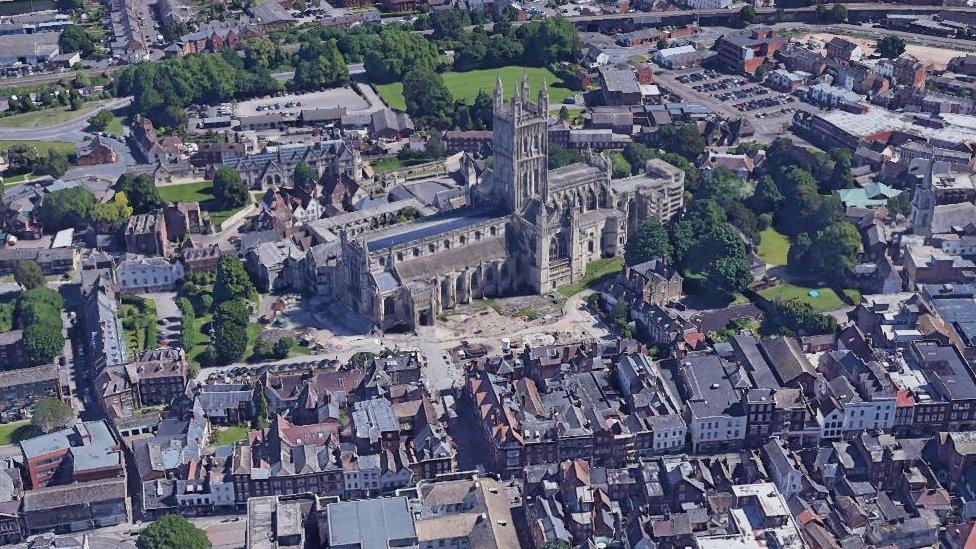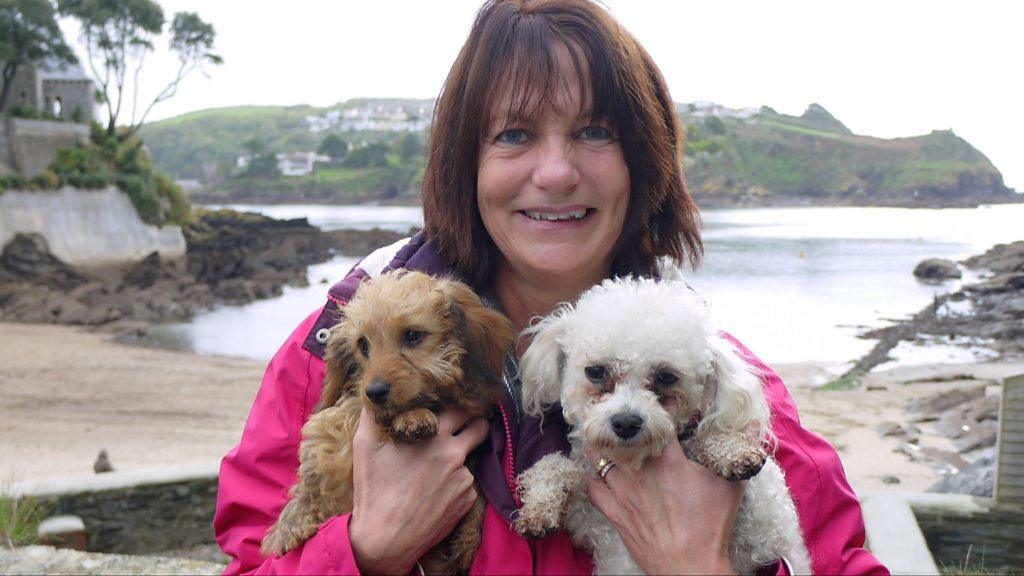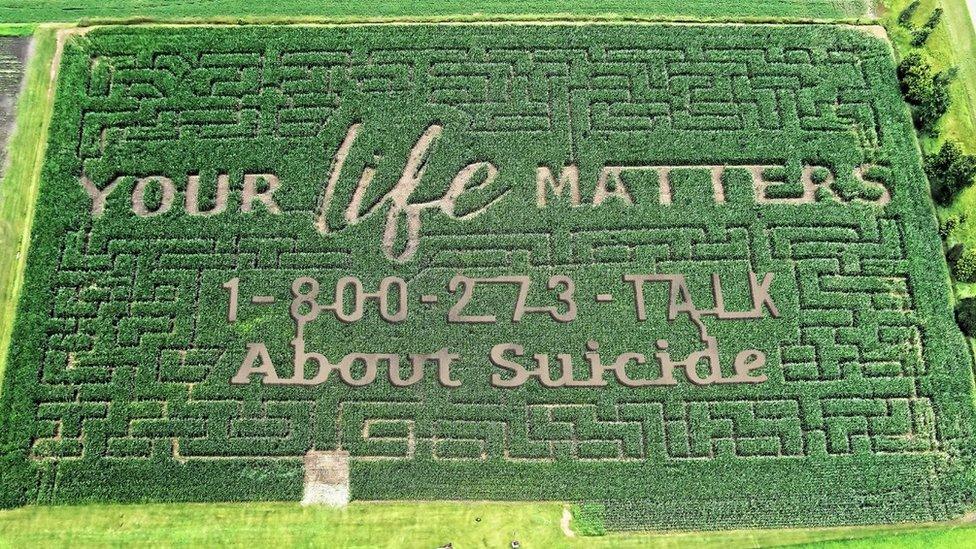Gloucester new tall buildings designed to prevent suicide
- Published

The new policy is part of the Gloucester City Plan, a blueprint for future growth of the city up until 2031
New buildings in Gloucester taller than 12m (40ft) will only be approved if they have been designed to prevent people jumping or falling from them.
It would mean developers would have to introduce anti-climb features, fences, barriers or rails.
Gloucester city councillor Andrew Gravells said anything it could do to reduce the number of suicide attempts "had to be worthwhile".
He said he believed it was the first authority to introduce the measure.
During a six-month period in 2019 Gloucestershire police dealt with 67 incidents of people attempting or threatening to attempt to jump from tall buildings.
A document from Public Health England,, external published in 2015, suggested there was an opportunity to make suicide prevention measures a condition of planning consent, rather than a later "bolt-on".
These could include barriers with an inward-curving top, and no toe or footholds.
Prof Rory O'Connor, who is director of the Suicidal Research Behaviour Lab at the University of Glasgow, said there was no one thing that would prevent suicide.
He said he believed about one third of suicides happened in public spaces.
"If we can keep the areas of concern safe that puts an extra barrier," he said.
That would allow intervention to help the person involved.
The Conservative member for the Abbeydale ward told the Local Democracy Reporting Service: "The policy has been welcomed by city councillors at recent meetings and I really hope it will be extremely effective.
"Suicide is a desperate tragedy and we must never stop looking for new ways of working around suicide prevention."
Under the policy, developers must outline what public access there is to any roof, open element, or structure above 12m and what measures will be taken to reduce the opportunities for suicide and falls.
These guidelines are in addition to existing building regulations.
The new policy is part of the Gloucester City Plan, external, a blueprint for future growth of the city up until 2031 and looks at a range of areas such as health, education, housing and employment.

Where to get help
If you are in the UK, you can call the Samaritans on 116123 or Lifeline on 0808 808 8000.
For support and more information on emotional distress, click here.

- Published10 September 2019

- Published10 September 2019

- Published2 August 2019
